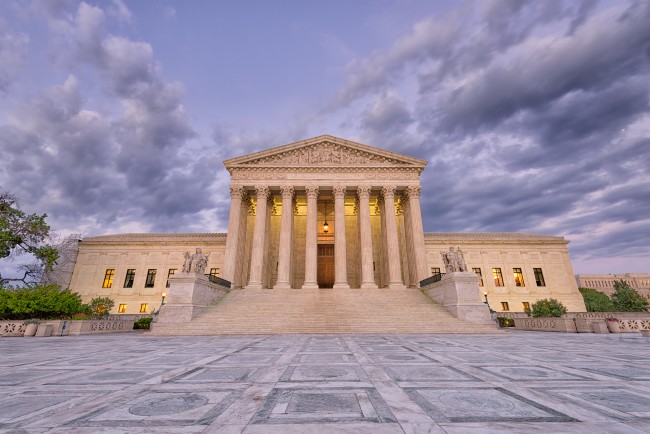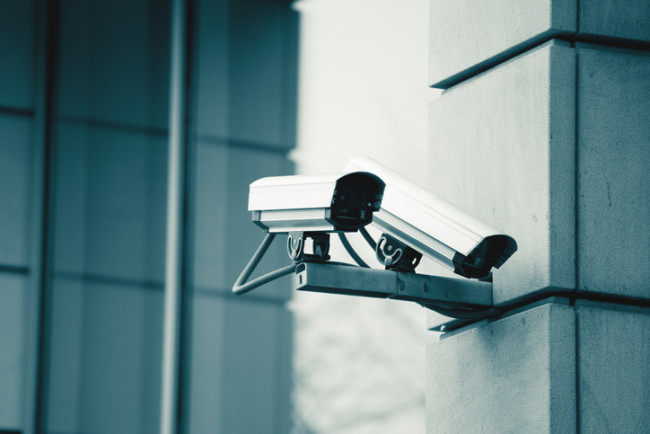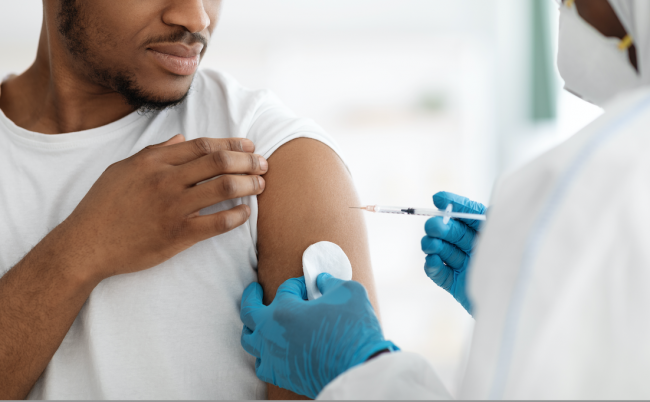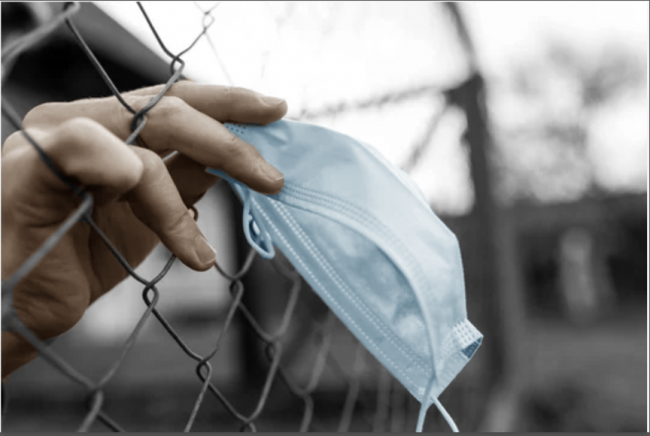-
 Read more
Read moreWhen I told my clerkship adviser in 2015 that I was hoping to land a federal district court clerkship in or around Washington, DC (my husband was threatening to leave me if I made him move cross-country again, only mostly joking), he excitedly suggested I apply to the fairly recently appointed Judge Ketanji Brown Jackson. She sounded phenomenal, and I was eager for the chance to learn from such a brilliant lawyer and jurist.
-
 Read more
Read moreWiretapping—the interception of wire, oral, or electronic communications—has long been an effective tool for law enforcement investigating suspected criminal activity. Each June, Title III of the Omnibus Crime Control and Safe Streets Act of 1968 requires the Administrative Office of the United States Courts to report to Congress on wiretaps approved, extended, or denied.1 The annual “Wiretap Report” has been criticized by prosecutors, judges, and other stakeholders as outdated and incomplete, including because the forms used to collect the relevant information have overlapping categories, are not uniformly understood by prosecutors, and are frequently submitted late, if at all.2 Still, the report provides the only regularly published, non-anecdotal account of national trends in wiretapping and the associated invasions of privacy.
-
 Read more
Read moreOn May 9, the U.S. Securities and Exchange Commission (“SEC”) announced that it will extend the public comment period on its proposed rules on climate-related disclosures by public companies. The comment period was scheduled to close on May 20, 2022, but given the “significant interest” that the amendments have drawn “from a wide breadth of investors, issuers, market participants, and other stakeholders,” the SEC extended the comment period to June 17, 2022. Indeed, the SEC has already received thousands of comments from individual investors, academics, climate activists, industry groups, professional associations, and corporate entities. Some herald the proposed rules as “a fantastic idea to inform potential investors of what their money will support,” while others express concern that such climate-related disclosures stray too far from the SEC’s mission and authority. Although the final text and effective date of the rule are still unclear, enhanced climate-related disclosures are a priority for the SEC and public companies likely will have to deal with them in the near future.
-
 Read more
Read moreThe U.S. Sentencing Commission collects information on every federal felony and class A misdemeanor sentence. The Commission’s 2021 Annual Report looked at over 57,000 reported cases, and these are some of the highlights:
-
 Read more
Read moreA federal judge has held that Pennsylvania’s Rule 8.4(g),1 which subjects lawyers to professional discipline for engaging in discriminatory conduct, violates both the free speech clause of the First Amendment and the due process clause of the Fourteenth Amendment. See Greenberg v. Goodrich, No. 20-03822, 2022 WL 874953 (E.D. Pa. Mar. 24, 2022). The court’s reasoning raises questions about the constitutionality of many other states’ versions of Rule 8.4(g), including Maryland’s Rule 19-308.4(e),2 which is arguably more intrusive on speech than the Pennsylvania rule.
-
 Read more
Read moreRecently, from March 2-4, almost 1,000 judges, federal prosecutors, federal public defenders, regulators, private practitioners, general counsel, and academics gathered in San Francisco for the 37th Annual American Bar Association National Institute on White Collar Crime. As the premier conference in the white collar legal space, assembling key stakeholders, it is unsurprising that both Attorney General Merrick B. Garland and Assistant Attorney General, Criminal Division Kenneth A. Polite Jr., chose the National Institute to unveil the Department of Justice’s prosecution initiatives for the Biden Administration. In keynote addresses, both AG Garland and Criminal Chief Polite made clear in their remarks that white collar prosecutions are their top priority. While the DOJ’s focus on such prosecutions waxes and wanes, AG Garland declared that it is indeed “waxing again,” with a Congressional budgetary request of $36.5 million to hire an additional 120 prosecutors and $325 million to fund more than 900 agents to combat pandemic-related fraud and to redouble efforts to prosecute white collar crime of all varieties.
-
 Read more
Read moreIn Hemphill v. New York, the U.S. Supreme Court held that the defendant “did not forfeit his confrontation right merely by making [a] plea allocution arguably relevant to his theory of defense.”1 The Court rejected the attempt by the Bronx District Attorney (DA) to circumvent the Confrontation Clause using a New York rule that allows prosecutors to respond to defense argument with otherwise inadmissible evidence.
-
 Read more
Read moreOn January 13, 2022, the U.S. Supreme Court struck down one federal COVID-19 vaccine mandate (on large employers) while leaving another (on federally funded healthcare facilities) intact. On balance, these decisions curb federal power to require vaccines and leave behind a patchwork of local, state, federal, and private vaccine regulations. This post summarizes the Court’s contrasting decisions and analyzes some of their impacts on American employers and employees.
-
 Read more
Read moreIn the past twenty or so years, the government (and creative relators) have sharpened and re-designed the False Claims Act, 31 U.S.C. § 3729 et seq. (“FCA”), into a multi-functional tool to redress all sorts of conduct that allegedly “defrauded” the government. Theories abound as to how the government might be misled – including presentment of factually false claims, legally false claims, and “reverse” false claims (e.g., failing to return funds the government erroneously paid).
-
 Read more
Read moreFor the second year in a row, people throughout the United States are navigating how to celebrate important holiday traditions safely with friends and family in light of COVID-19. This year, the Biden Administration has made the age-old saying, “there’s no place like home for the holidays,” a reality for one segment of the population: federal prisoners currently serving their sentences in home confinement. On December 21, 2021, the Department of Justice reversed a Trump-era legal opinion which would have required the Bureau of Prisons (“BOP”) to reincarcerate individuals on home confinement at the end of the COVID-19 emergency.
As the regulatory and business environments in which our clients operate grow increasingly complex, we identify and offer perspectives on significant legal developments affecting businesses, organizations, and individuals. Each post aims to address timely issues and trends by evaluating impactful decisions, sharing observations of key enforcement changes, or distilling best practices drawn from experience. InsightZS also features personal interest pieces about the impact of our legal work in our communities and about associate life at Zuckerman Spaeder.
Information provided on InsightZS should not be considered legal advice and expressed views are those of the authors alone. Readers should seek specific legal guidance before acting in any particular circumstance.
Contributing Editors

John J. Connolly
Partner
Email | +1 410.949.1149

Andrew N. Goldfarb
Partner
Email | +1 202.778.1822

Sara Alpert Lawson
Partner
Email | +1 410.949.1181

Nicholas M. DiCarlo
Associate
Email | +1 202.778.1835




